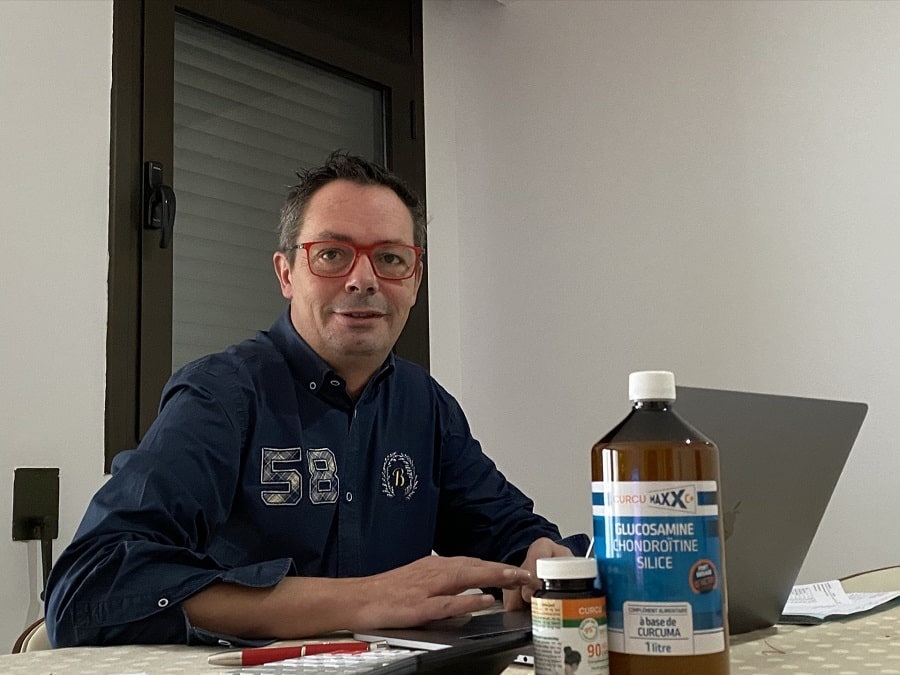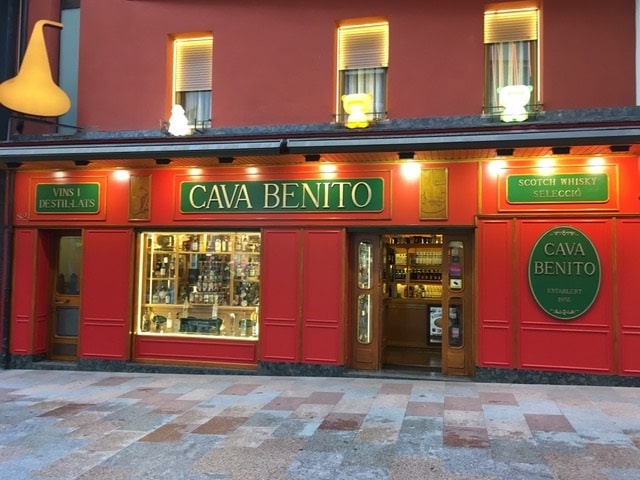 Pere Augé is an Andorran lawyer and businessman committed to his country and its people. In 2011, he supported the Andorran government’s decision to liberalise foreign investment and develop the international homologation process. He agreed that Andorra needed to reposition itself internationally and define a strategy to achieve greater global visibility; so, he and his son, Pau Augé – today a prominent tax lawyer – initiated the process of rebranding Andorra, first from the Confederation of Andorran Business and then from the Andorran Brand Observatory. A great defender of the benefits of Andorra’s association agreement with the EU, Pere critically analysed it to try to do the pedagogical work necessary to understand the meaning of this future agreement.
Pere Augé is an Andorran lawyer and businessman committed to his country and its people. In 2011, he supported the Andorran government’s decision to liberalise foreign investment and develop the international homologation process. He agreed that Andorra needed to reposition itself internationally and define a strategy to achieve greater global visibility; so, he and his son, Pau Augé – today a prominent tax lawyer – initiated the process of rebranding Andorra, first from the Confederation of Andorran Business and then from the Andorran Brand Observatory. A great defender of the benefits of Andorra’s association agreement with the EU, Pere critically analysed it to try to do the pedagogical work necessary to understand the meaning of this future agreement.
Why do you think Andorra should have an association agreement with the EU?
First of all, it is a matter of compliance with an agreement that has been in negotiations since 2015 and promoted by various governments. The negotiations have reached the present day, where it seems to be finalised and awaiting ratification and referendum. Despite this, there are opinions, pro and con, in the country, and we need to explain this agreement very well to our society. I believe that if the agreement takes into account the peculiarities of Andorra, especially in terms of security and public order, and if we maintain border control and financial sovereignty, perhaps we should trust our negotiating leaders and say YES to the referendum.
What benefits could this agreement actually bring to Andorra? Will Andorra be attractive to foreign investors?
The agreement with the EU, which began in 2011, represents an important step in the process of liberalisation of foreign investment, in search of the economic diversification necessary for the country’s economic survival. Indeed, the opportunities that a good agreement opens up for Andorra are truly remarkable, both for the country’s companies and for companies from the rest of the member states and even from outside Europe, which through Andorra could gain access to the European internal market. In this way, we have finally been able to attract quality foreign investment and companies with added value.
Let us think about the advantage of being able to benefit from European approval for food products derived from the country’s agricultural and livestock sectors. Think about the importance of automatic recognition of university degrees awarded by Andorran universities of various specialisations . Think of access, without legal and bureaucratic obstacles, to the market for the sale of goods and services to some 450 million people. Think of the new opportunities for all those small Andorran companies – those small entrepreneurial projects that dream of scaling their future production and gain access to a market of 23 million companies…
How will a future partnership agreement affect tax law?
The financial sector has been completely excluded from the negotiations. Andorra would not only retain its fiscal sovereignty, but, thanks to the agreement, it would be strengthened. Fiscal differentials, both at the level of direct and indirect taxation, are vital to the survival of the country’s economy. Therefore, this area was non-negotiable.
How will the agreement affect the country’s financial sector, and what will be Andorra’s future relationship with the ECB?
The free movement of services would mean that Andorran companies could establish themselves in the European market and vice versa, European companies could establish themselves in Andorra. Of course, this also applies to financial institutions. In this sense, the European Union is particularly demanding of Andorra to ensure that the Andorran banking system is fully adapted to European financial legislation.
A reciprocity agreement between Andorra and the EU has been reached, whereby Andorra sets a maximum period of 15 years for the full adoption of its financial legislation. Otherwise, the vulnerability of Andorra’s financial system requires a lender of last resort, but this aspect is not included in the agreement. The ECB may not be the one to fulfil this regulatory role for Andorra, but perhaps the French or Spanish central banks could eventually do so.
And what about the free circulation of people and the immigration control system in place?
It is clear that the agreement will bring changes to immigration issues. But we know that a quota system, which separates active Europeans from passive ones and is similar to the current one (inspired by the regime granted to Liechtenstein, a member state of the European economic area since 1990) will be respected.
The disappearance of the cross-border passenger category is a matter of little practical importance.
How will Andorra’s visa legislation change ?
Continuing with the agreement on the free movement of people, Andorra plans to retain border controls and will, therefore. not be part of the Schengen area for the time being. It is this fact that guarantees that the country will not be infiltrated indiscriminately. So, Andorra will be able to maintain the level of public security that our inhabitants value so much.
And at the level of trade turnover, how will Andorra’s customs’ legislation change?
Regarding goods from chapters 25 to 97 of the Harmonised System, Andorra was already part of the customs union after the agreement with the EU in 1991. The agreement now covers chapters 1 to 24; that is, agricultural and food products, with the exception of tobacco, which establishes a 30-year moratorium. This period we consider to be an adaptation to European norms. With regard to tourism franchises, they are being maintained, which is also good news for Andorran tourism. It is important that Andorran handicraft products have European labelling to facilitate access to the domestic market, as well as to markets on other continents.
What advantages bring Andorra’s accession to the EU to the students? How will it affect the labour market?
Andorra would maintain a quota system similar to the current one, and that it would be set according to the real needs of the country.
Obviously, there would be some changes with regard to access for European nationals. It will be easier for them, especially in regard to document requirements, such as a criminal record certificate, and priority for workers from third world countries.
As for our young people, they are being offered the opportunity to become part of a single European market with 450 million inhabitants, 56 million jobs, 23 million companies, 18 per cent of the world’s GDP and a budget of two trillion euros in “European programmes.”
These European programmes offer Andorra the opportunity to join them, depending on the preferences that our government agrees with. In this sense, the dialogue between our youth and the government will be very important in order to select and determine the ones of greatest interest to us, given that Andorra will have to contribute financially if it wants to make them available to its citizens.
Access to the EU internal market means that our students will have the same rights as European students when it comes to accessing European universities and the ease of degree approval procedures. It also means enjoying the same labour and public health rights as the rest of Europeans. And, obviously, it means saying goodbye to the requirement for visas. But it also provides the opportunity to more easily intern or work in European companies. It will also be simpler to benefit from European programmes that Andorra decides to participate in, such as Erasmus +, Horizon Europe or Life. And, again, it will be simplified to apply for employment programmes, such as PICE, Mobilize, Erasmus for Young Entrepreneurs, Eurodyssey or EURES.
Our young people need only visit the European Youth Portal EU Initiatives, where they will find everything that might interest them. Then, they will realise the true scale of everything they can take advantage of once we become part of the single European market.
More: https://www.augelegalfiscal.com/en/
Tel. +376 80 36 36
Whatsapp +376 33 33 76
E-mail: [email protected]










